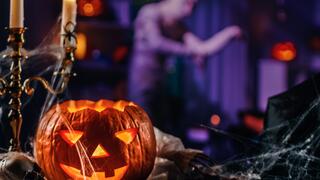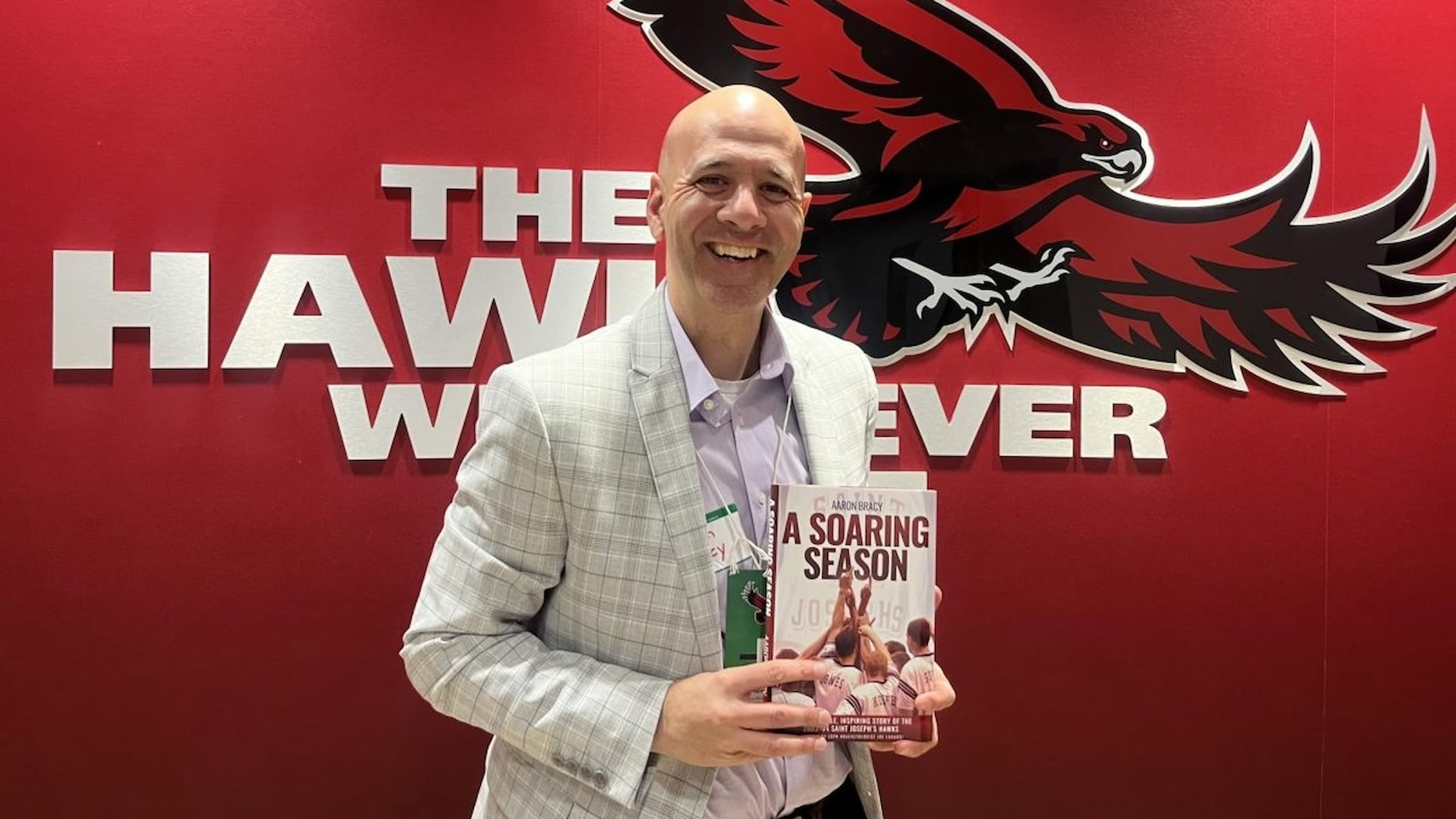The Science Behind the Scares: Why We’re Drawn to Fear and Disgust
As Halloween approaches, haunted houses, scary movies and tales of the absurd take center stage. But why do so many people enjoy being spooked and disgusted? To find out, we spoke with Alexander J. Skolnick, PhD, assistant professor of psychology and director of the animal studies program.

It’s that special time of year when fear, disgust and horror captivate Halloween enthusiasts young and old. But why do we love it? Haunted attractions, scary movies and gore have become synonymous with the month of October. As another Halloween approaches, it’s worth trying to make sense of the screams and thrills.
Alexander J. Skolnick, PhD, assistant professor of psychology and director of the animal studies program, has researched fear and disgust extensively. He discusses how our brains process it and why people continue to seek out creepiness.
Q: What exactly is happening in our brains when we experience fear and disgust?
A: Well, we’re typically disgusted by things that seemingly could be construed as being contaminated or something contagious for us. You can construe just about anything that most people are disgusted by as contamination-related. There’s also a fear factor, because some people are afraid to be disgusted. That’s why some of us won’t go to see a scary gross-out movie. It might not be that they don’t want to be disgusted, but they’re afraid of what their disgust reaction would be.
Q: So what is it about the grotesque and gory things people seem to enjoy? And why do they continue to seek it out?
A: There was a term coined by Paul Rozin, a professor who has researched disgust extensively, called “benign masochism.” You’re putting yourself through something unpleasant, but you know it’s harmless. Haunted houses and horror movies let us safely experience those intense emotions. It’s the same reason people love roller coasters or skydiving. There’s an adrenaline rush, but deep down, you know you’re safe.
Q: Is there anything that has surprised you during your research over the years?
A: I wasn’t aware that there would be such a big difference when it comes to gender. Generally, women report feeling higher levels of disgust than men do. But that doesn’t necessarily mean women are more disgusted — it might be that it’s more socially acceptable for women to say they’re grossed out, while men might downplay it.
Q: Some people might be curious about haunted houses or scary movies but have a certain fear about them. What advice would you give them if they’re interested and want to try it?
A: It’s sort of about facing your fears. If you’re afraid but your friends are all saying “Hey, you should try this,” you can take on that benign masochism view that this is all harmless. Someone at a haunted house might jump out with an axe, but they’re not going to hit you with it. (I hope!) Fear and disgust are powerful emotions. Sometimes it’s fun to lean into that — at least once a year.



